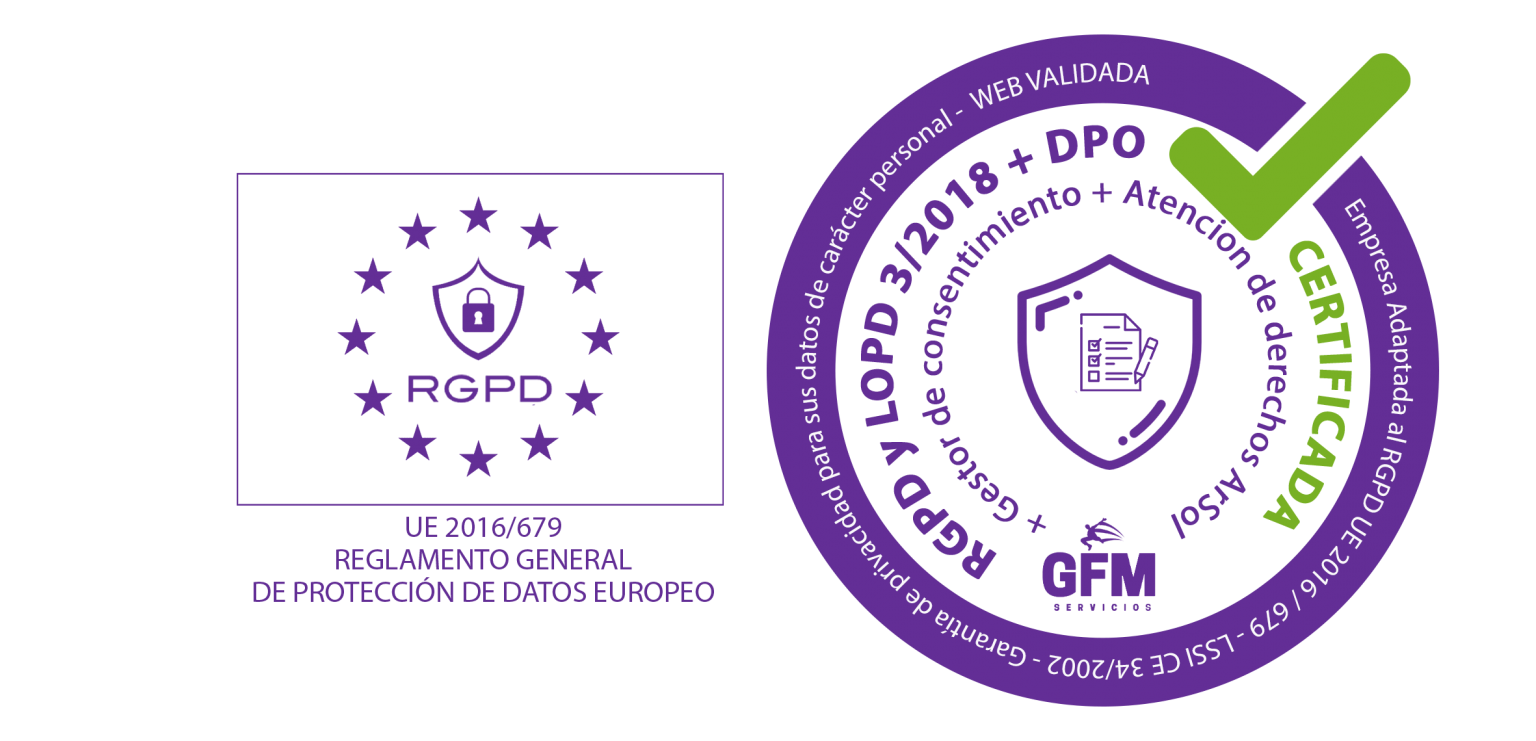The thrill of playing is intertwined with more than just chance; it encompasses a deeper relationship built on trust. Central to this rapport between players and operators is the process of game fairness audits. These thorough examinations ensure that gaming environments are not only entertaining but also equitable, giving players confidence in their choices.
Join top Australian casino online today for loyalty rewards and regular promos.
Another crucial aspect is RTP analysis, which examines Return to Player rates across various offerings. This analysis provides insight into how much players can anticipate winning back over time, illuminating the potential value of participating in these activities. By making this information accessible, operators can significantly enhance player trust and satisfaction.
As the gaming market continues to expand and evolve, maintaining transparency and fairness remains paramount. With players seeking assurance that their experiences are governed by integrity, the industry must commit to rigorous standards that prioritize user confidence in every gaming encounter.
Understanding Game Mechanics and Randomness Standards

In the world of online gambling, player trust is integral to the experience. Understanding the mechanics behind each offering ensures that participants can engage confidently. Different types of activities operate under various rules, often defined by their specific software providers. Each of these applications is designed to operate using random number generators (RNGs), which are critical in determining outcomes.
To maintain transparency, testing agencies play a pivotal role. These organizations conduct rigorous assessments on the systems used by operators, ensuring compliance with established standards. Regular game fairness audits help verify that RNGs work effectively and do not favor the house disproportionately, thus promoting a balanced environment.
In regions like Australia, maintaining high standards is essential. Live dealer online casino options, for instance, create an immersive experience that combines traditional elements with modern technology. Here, the need for integrity is paramount, making consistent evaluations by independent entities a necessity.
Ultimately, a solid understanding of game mechanics and a commitment to randomness standards cultivate an atmosphere where players can enjoy their experience without reservations. This trust is not only beneficial for participants but also for the platforms that seek to attract and retain them.
Regulatory Bodies and Their Role in Game Fairness
In the gambling sector, maintaining player trust is crucial, and this responsibility often falls to various regulatory authorities. These entities ensure that operators adhere to established standards and provide a fair environment for participants. Their oversight includes the evaluation of gaming methods and practices to confirm compliance with legal requirements, thus safeguarding participants’ interests.
Testing agencies play a pivotal part in this process. They conduct independent assessments of gaming systems, ensuring that operators are delivering fair and random results. One important aspect of their work is the RTP analysis, which stands for Return to Player. This metric is essential as it provides players with insights into the likelihood of returns over time, allowing them to make informed decisions about where to place their bets.
By collaborating with regulatory bodies, testing agencies help to create a transparent gambling environment. Their rigorous testing protocols not only bolster player confidence but also compel operators to maintain the integrity of their offerings. In doing so, these organizations contribute significantly to the industry by reinforcing standards and practices that prioritize fairness and transparency.
Player Perspectives: Assessing Fairness through Experience

Players are often keen observers of how well their entertainment options measure up in terms of equity and transparency. From personal encounters to community discussions, their insights play a pivotal role in comprehending the integrity of interactive amusements.
Many enthusiasts rely on feedback from testing agencies that evaluate the compliance of various establishments and their offerings. These entities undertake rigorous examinations to ensure that the odds are fair and that outcomes are genuinely random. Such evaluations help build trust among participants, fostering a sense of security.
Game fairness audits can provide significant reassurance, as they detail how products perform over time and reveal any biases within the systems. Players often appreciate knowing that independent reviews have taken place, allowing them to make more informed decisions regarding where and how to spend their time and resources.
- Transparency is enhanced through direct audits.
- Independent verification boosts player confidence.
- Reports highlight flaws and strengths alike.
An essential aspect of player confidence lies in RTP (Return to Player) analysis. Participants frequently seek information about the RTP percentages, which indicate the expected return over time for a certain game. Players tend to share their findings on online forums, creating a community-based assessment of how enticing different products are.
- High RTP games often attract more players.
- Low RTP might deter participation.
- Informed choices enhance enjoyment and satisfaction.
The merging of player experiences with analytical data contributes to a broader understanding of what individuals can expect. This ongoing dialogue not only enriches the industry but also empowers players to critically assess their options and advocate for better standards.
Tools and Resources for Assessing Game Integrity
To ensure the quality and trustworthiness of online and land-based gaming offerings, numerous testing agencies provide services geared toward verifying the reliability of various platforms. These organizations conduct rigorous evaluations to ascertain compliance with industry standards, focusing on both software and hardware components. Players can benefit significantly from understanding the accreditation of these agencies, as it serves as a reassurance of the operational transparency of providers.
One critical aspect of evaluating game integrity is RTP analysis (Return to Player). This metric indicates the percentage of wagers that are returned to players over time. Reliable operators often make their RTP figures readily available, helping users make informed choices about where to place their bets. Familiarizing oneself with these values can provide insight into the fairness of specific options.
Another significant resource is game fairness audits, conducted by third-party evaluators. These audits examine game algorithms and outcomes, ensuring that random number generators (RNGs) function appropriately. Such thorough inspections not only enhance player confidence but also promote a more equitable environment within the gaming community.
In summary, leveraging tools such as testing agencies, RTP analysis, and fairness audits is instrumental in verifying the integrity of gambling activities. Utilizing these resources empowers players to engage in a more transparent and trustworthy gaming experience.
Q&A:
What criteria are used to assess the fairness of casino games in Australia?
The fairness of casino games in Australia is typically evaluated based on several key criteria, including the Return to Player (RTP) percentages, independent audits, and compliance with regulations set by governing bodies such as the Australian Communications and Media Authority (ACMA) and state gaming authorities. RTP indicates the theoretical percentage of stakes that a game will return to players over time. Additionally, reputable casinos often undergo regular independent testing by organizations like eCOGRA or GLI to ensure that their games are fair and random. Transparency in reporting these results also contributes to the overall assessment of a game’s fairness.
How does the Australian government regulate online casinos to ensure fair play for players?
The Australian government implements strict regulations to oversee online casinos and ensure fair play. These regulations include licensing requirements, operational standards, and mandatory compliance with responsible gambling practices. Each state has its own regulatory agency responsible for monitoring licensed operators and enforcing laws that protect consumers. Additionally, online casinos are required to implement secure payment systems and conduct regular audits to verify the fairness of their games. These measures aim to create a transparent gaming environment that minimizes risks for players.
What are the common measures taken by casinos to increase the perceived fairness of their games?
To increase the perceived fairness of their games, casinos often implement several measures. They provide clear information about game rules and odds to players, ensuring transparency. Many casinos also publish RTP percentages for their games, allowing players to make informed decisions. Independent testing of games is another measure, as this helps verify the randomness and fairness of the game results. Additionally, customer support services are made available to address any inquiries or concerns players may have regarding game integrity. These practices help build trust with players and enhance the overall gaming experience.
Are there specific organizations that monitor the fairness of casino games in Australia?
Yes, there are specific organizations that monitor the fairness of casino games in Australia. Independent testing laboratories such as eCOGRA (eCommerce Online Gaming Regulation and Assurance) and GLI (Gaming Laboratories International) play a significant role in ensuring that casino games are fair and transparent. These organizations conduct rigorous testing of gaming software to ensure compliance with industry standards. Additionally, the various state regulatory bodies, such as the New South Wales Independent Liquor and Gaming Authority, oversee the licensing and operational practices of casinos, ensuring they adhere to established laws that uphold fairness in gaming.
How do players in Australia report issues related to unfair gaming practices at casinos?
Players in Australia who encounter issues related to unfair gaming practices at casinos can report their concerns through several channels. Firstly, they can contact the casino’s customer support service to address their specific issue. If the response is unsatisfactory, players have the option to escalate the matter to the relevant state gaming authority, which oversees the casino’s operations. Additionally, players can seek assistance from consumer advocacy groups that specialize in gambling issues. Documenting the problem and providing any relevant evidence can help facilitate the investigation process by regulatory authorities.
What are the primary factors that determine the fairness of casino games in Australia?
The fairness of casino games in Australia is influenced by several key factors. Firstly, regulations set by the Australian government and gaming authorities ensure that all gaming operators comply with strict standards. These regulations often mandate the use of random number generators (RNG) to ensure outcomes are genuinely random, and regular audits to verify compliance with fairness standards. Secondly, the transparency of game rules and payout percentages (RTP) contributes to fairness, enabling players to make informed decisions. Lastly, player feedback and the reputation of the casino also play significant roles. A casino that is frequently reported for unfair practices will often see a decline in patronage, incentivizing them to maintain fairness.
How can players ensure they are engaging with fair casino games in Australia?
Players can take several steps to ensure they are playing fair casino games in Australia. First, it’s advisable to choose casinos that are licensed and regulated by trustworthy authorities, such as the Australian Communications and Media Authority (ACMA) or state licensing bodies. Checking for certifications from independent testing labs, like eCOGRA or iTech Labs, can also provide assurance that games have been tested for fairness and randomness. Additionally, players should review the terms and conditions of each game, including RTP percentages, to understand the odds. Engaging with reputable online communities and reading reviews can also offer insights into a casino’s practices regarding fairness and player treatment. Finally, staying informed about any current news related to gambling regulations can help players identify any changes that might affect their experience.



